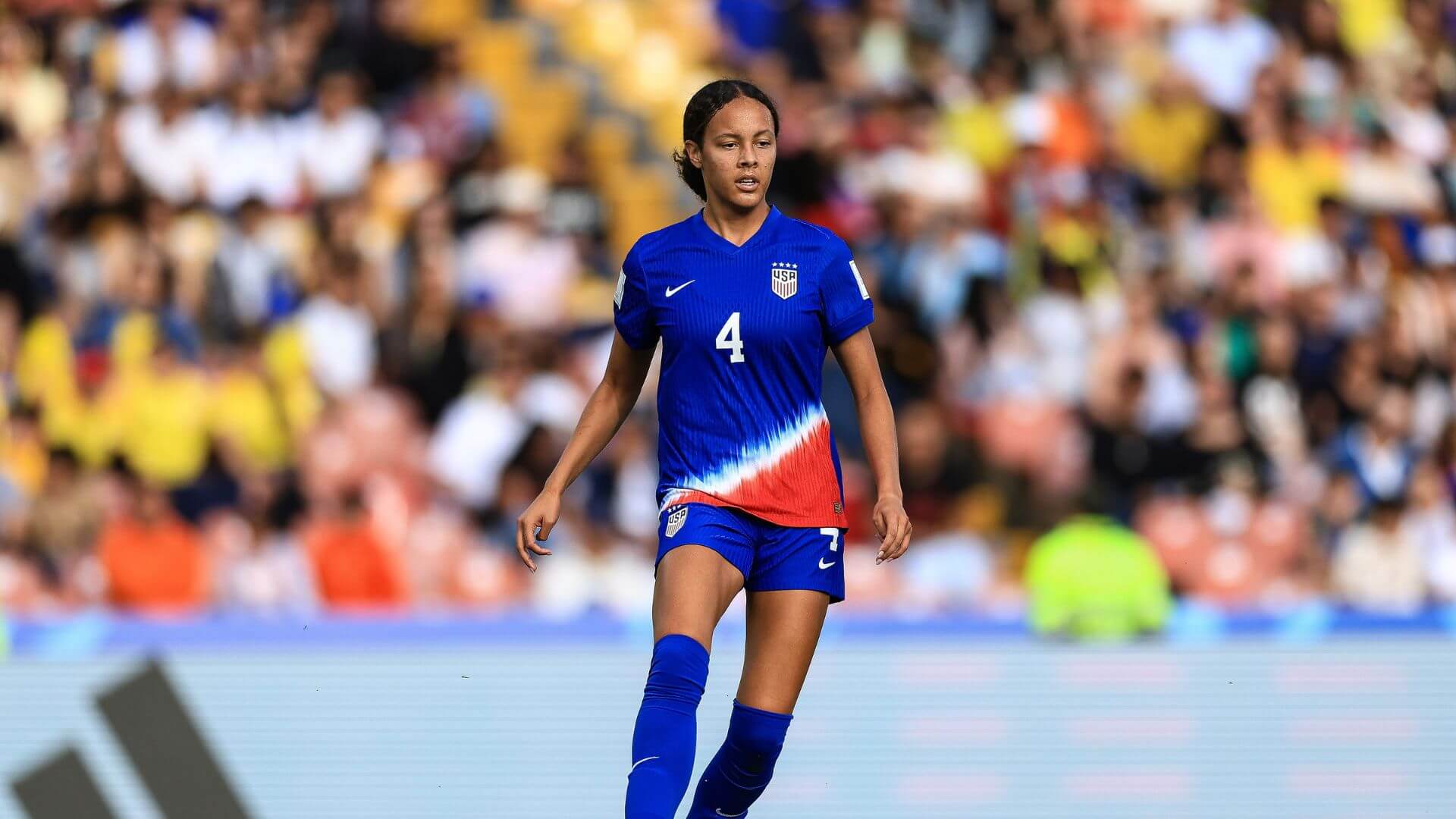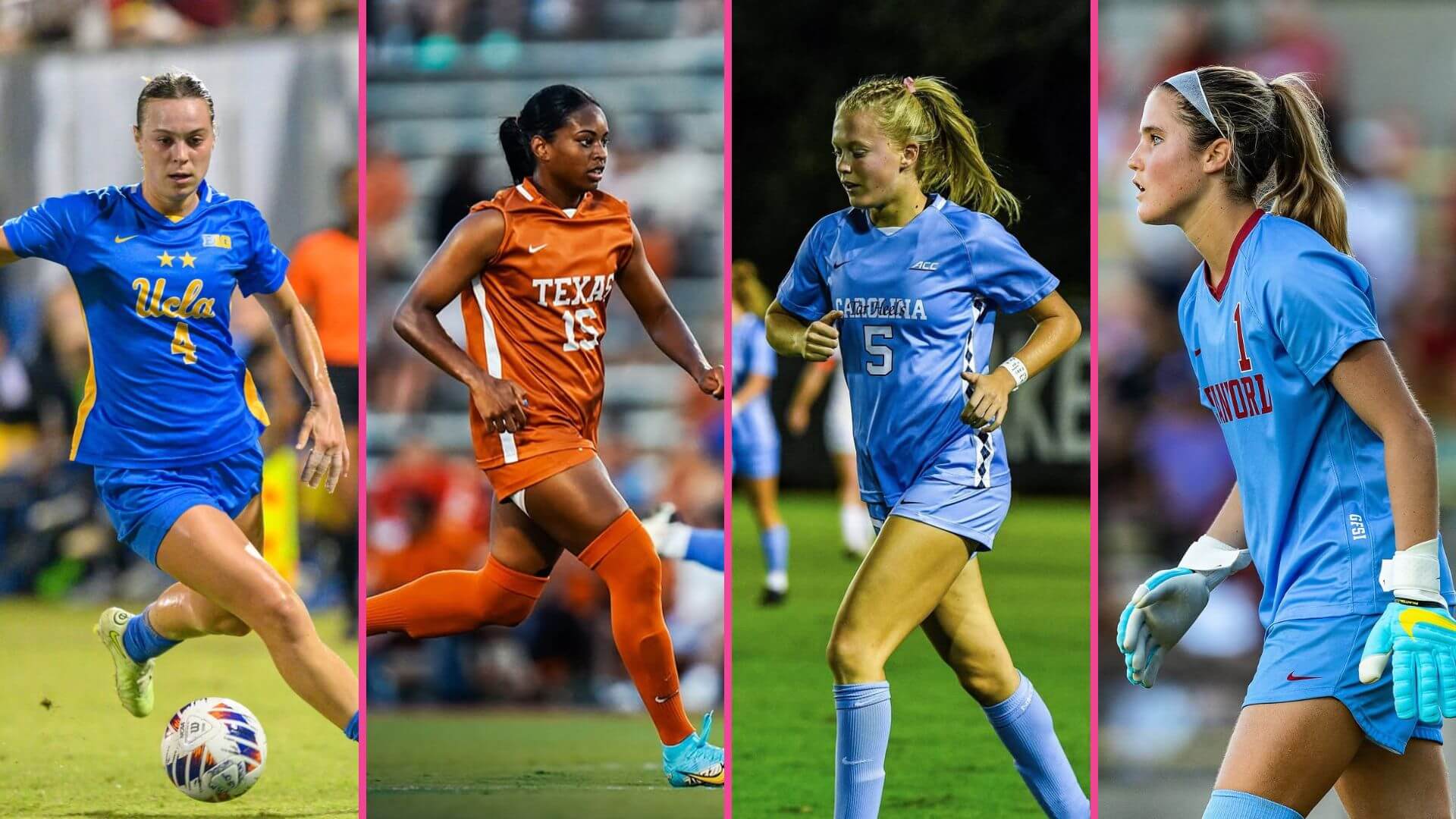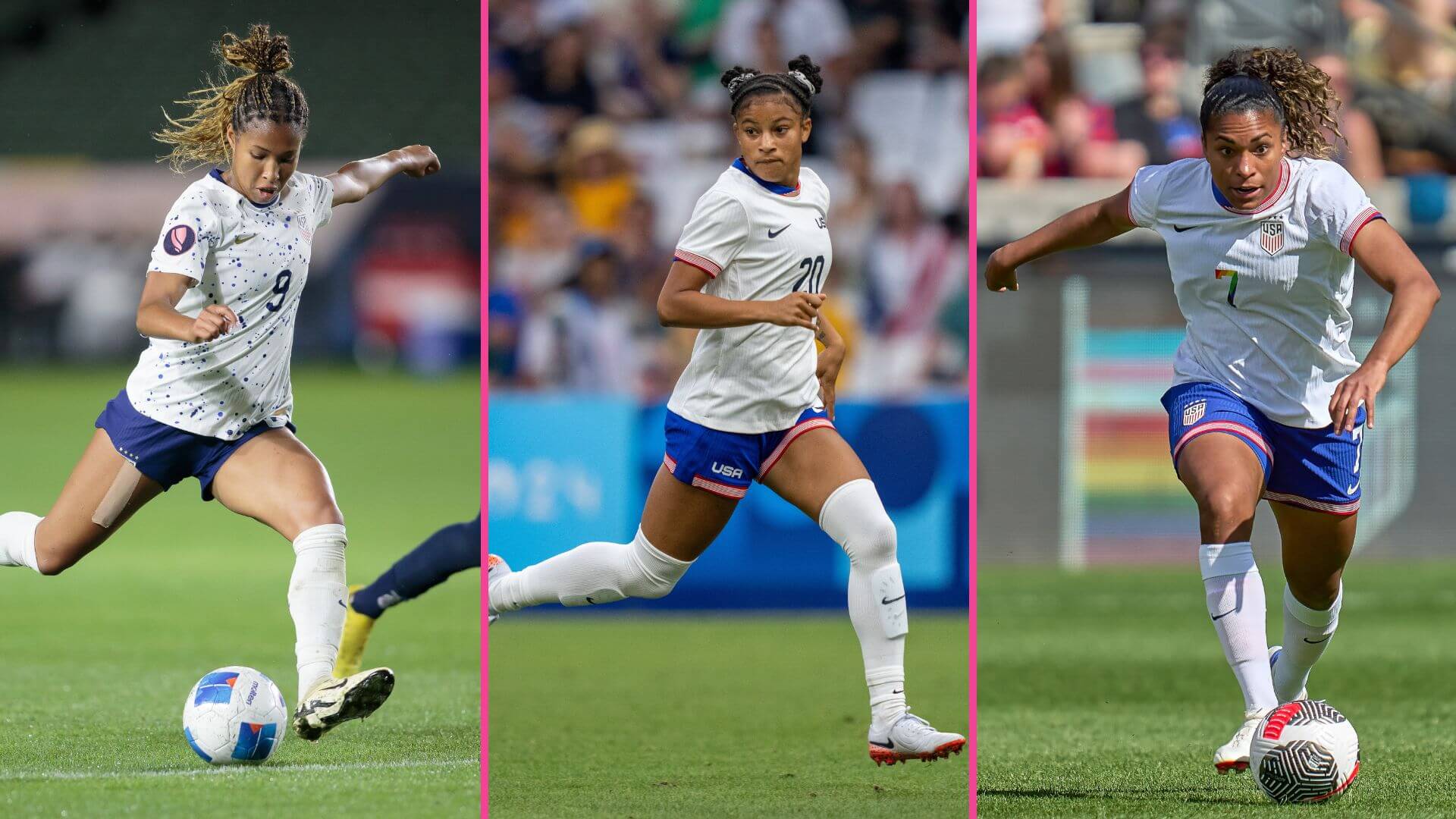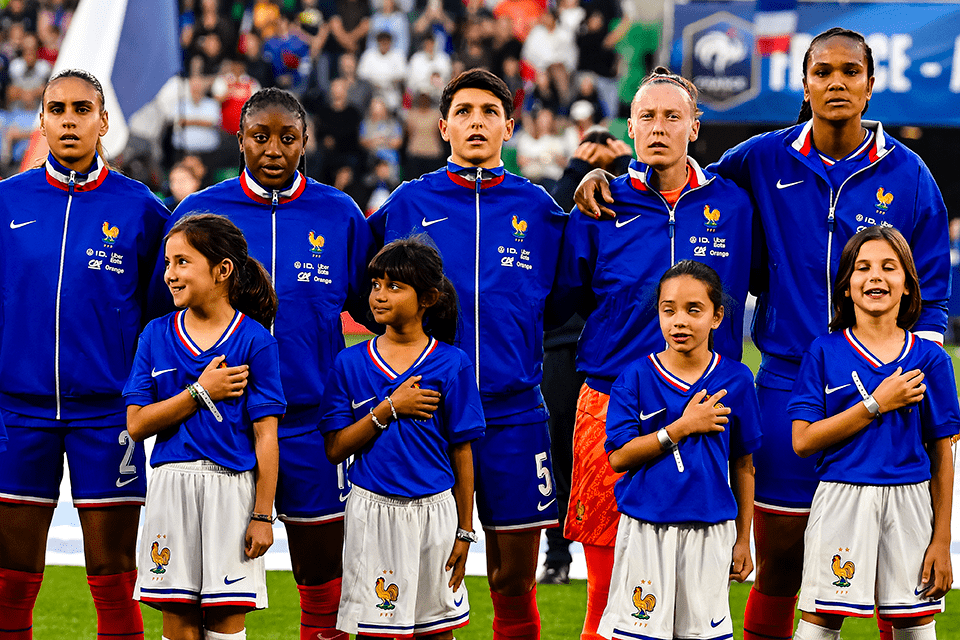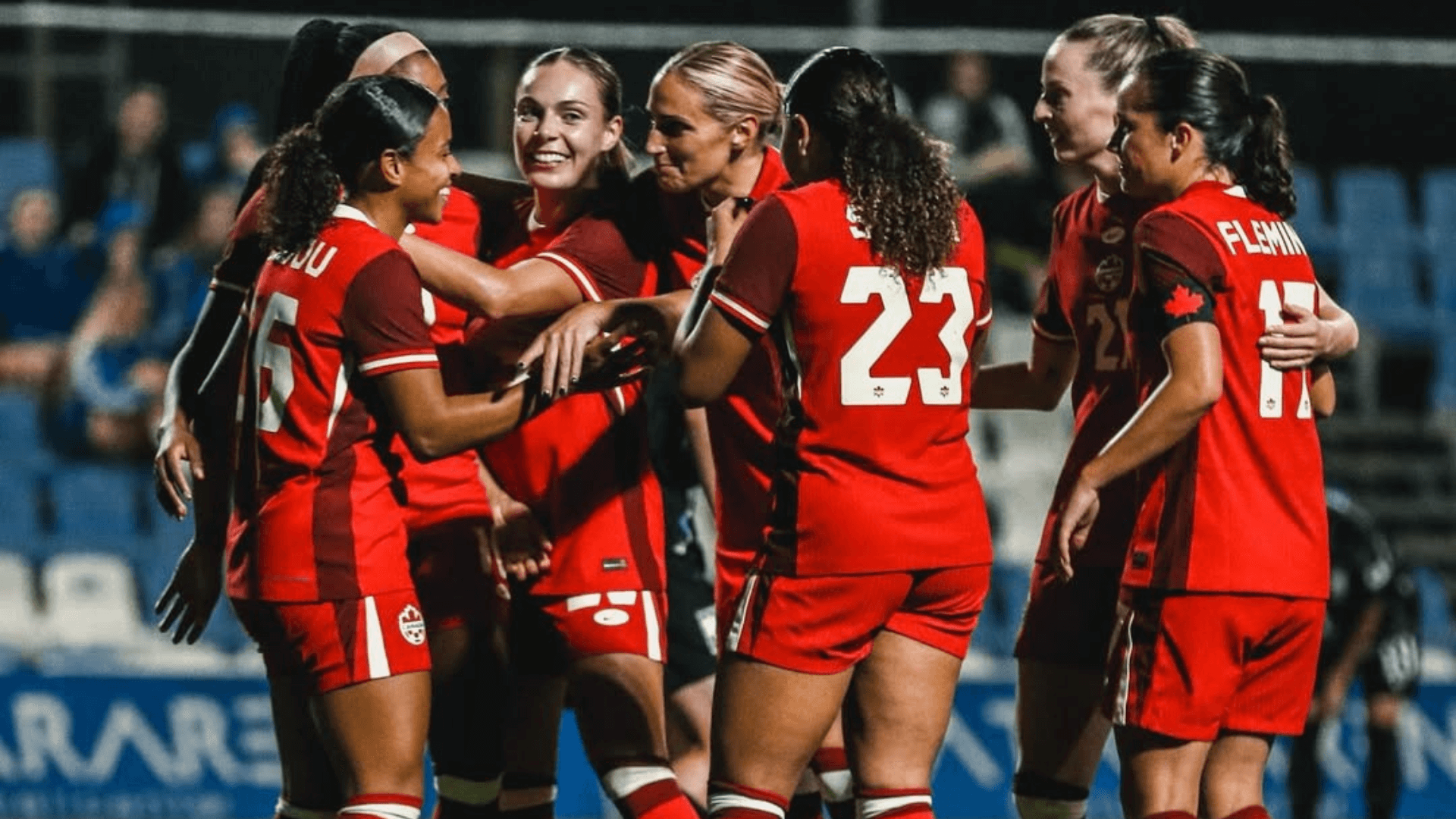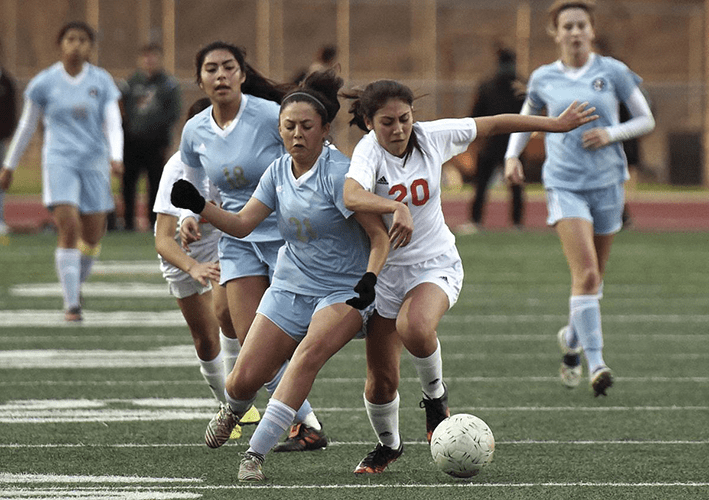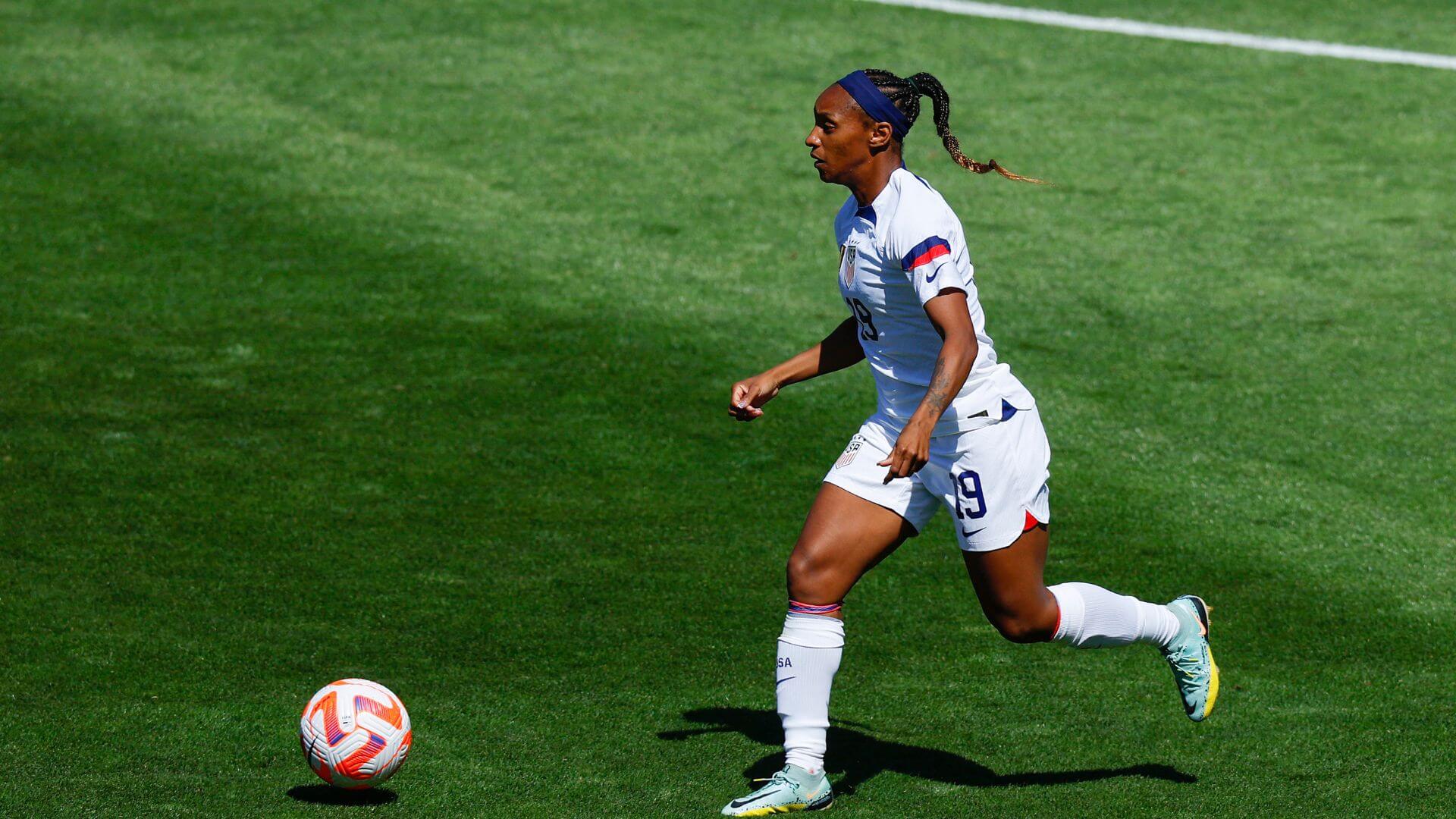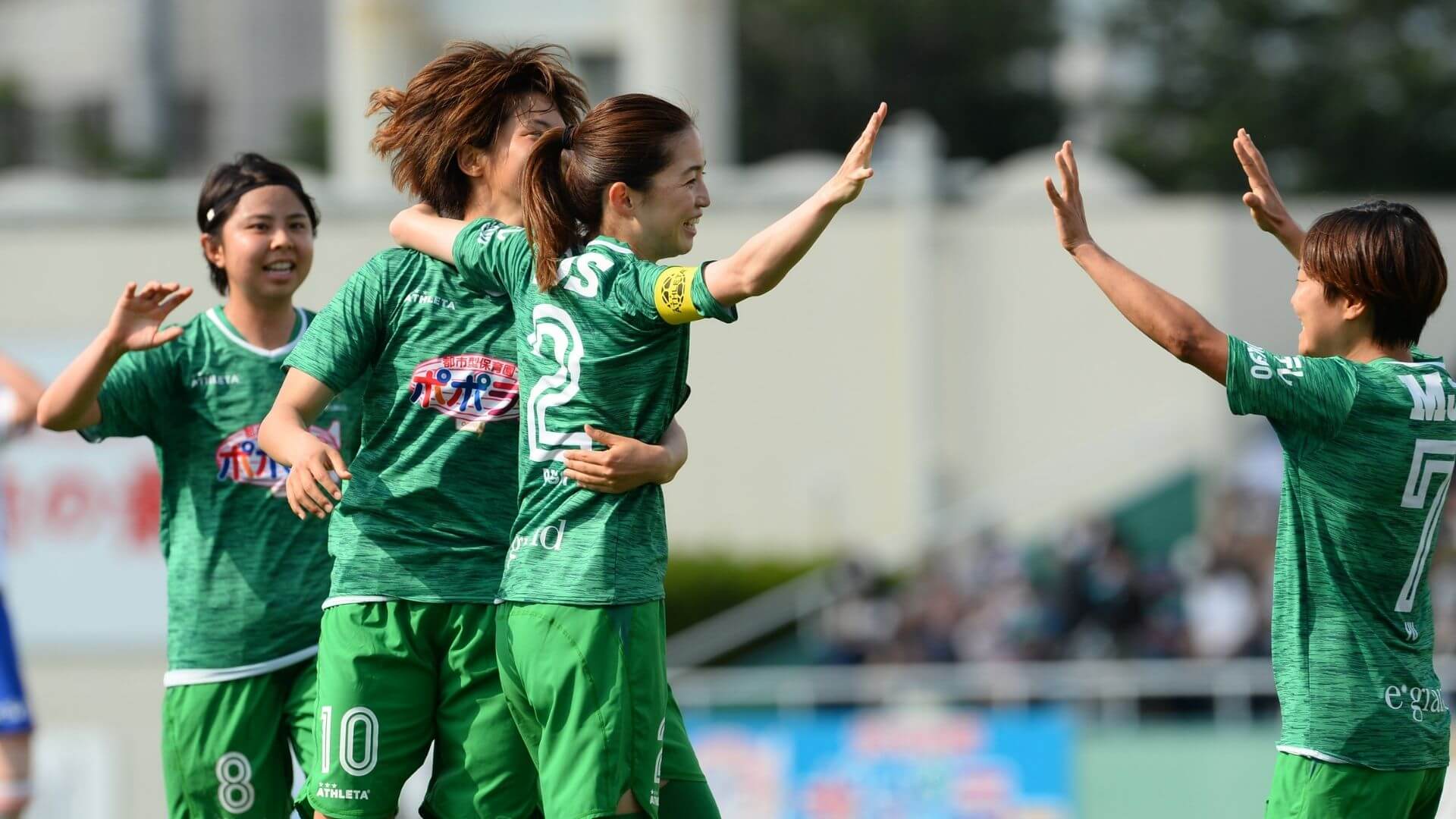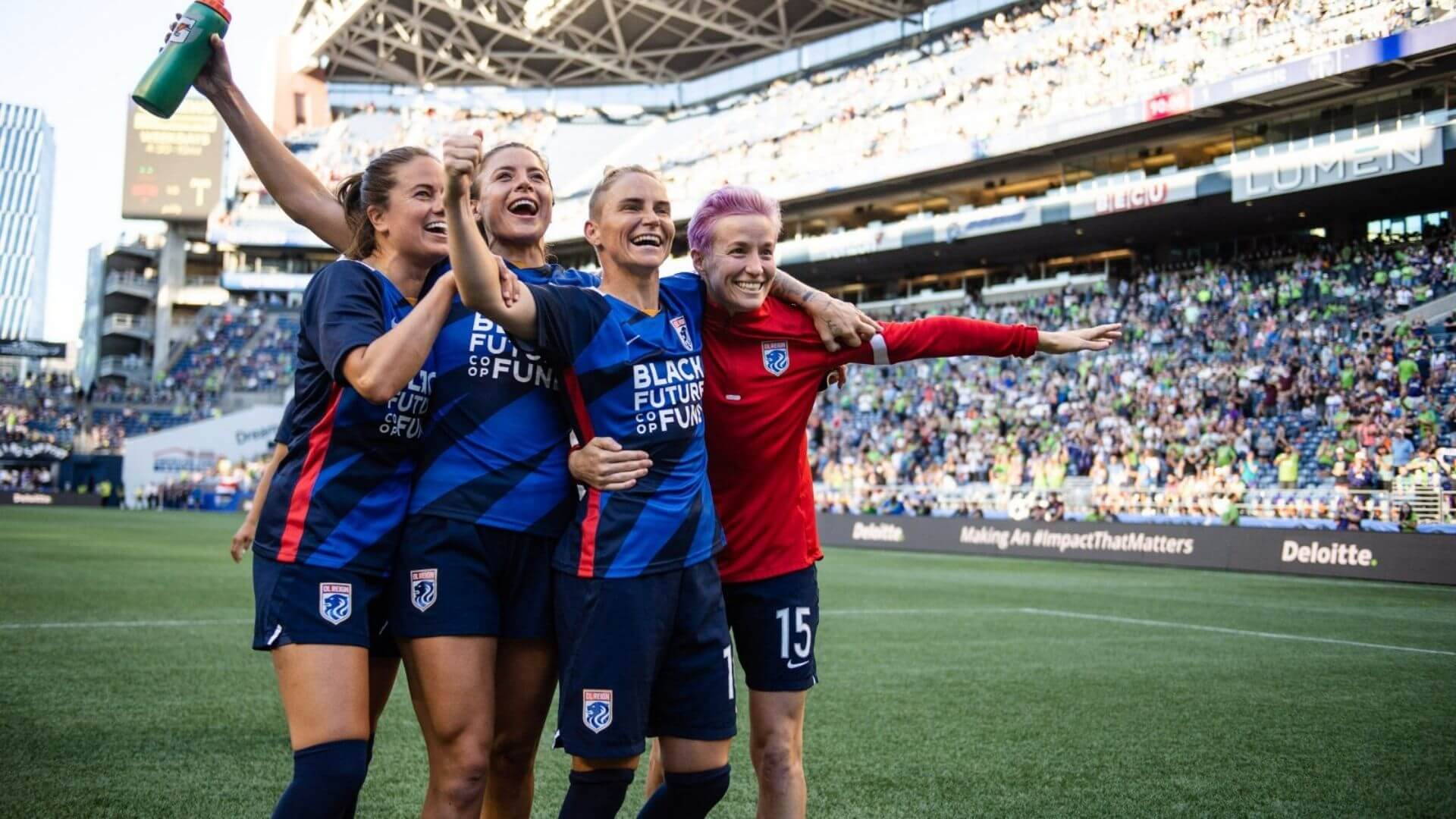Hope Solo: A Warrior Between the Sticks and Off the Pitch
Hope Solo is a legend. The best goalkeeper the United States has ever created and yet someone who found herself amidst controversy through much of her career. As we approach the Women’s World Cup in France, it’s hard not to imagine her between the sticks because let’s face it, she made us feel incredibly safe. The aura of protector was never in question when she wore the number 1, even during the most controversial moments of her career.
August 12th, 2016 was a low point for the United States women’s national team. They were heading home from Rio after falling to Sweden in a penalty kick shootout in the quarterfinals. A fifth place finish for a team that had won gold in the previous two editions of the Olympic Games, and who had just won the World Cup a year prior, was an embarrassment.
Two weeks later, Solo was handed a six-month suspension from the national team and her contract was terminated by the U.S. Soccer Federation. She has not appeared for the side since that day in Brasilia.
Solo’s Sweden “incident” was certainly not the first time she stirred things up, causing problems for herself.

Her desire and quickness to speak her mind became part of her reputation early in her career. Perhaps, garnering more critics than fans. Throughout her short stint in Rio, for example, she was booed each time she touched the ball. This was in response to inflammatory tweets made about her fear of contracting the Zika virus while in South America.
Long before that, in 2007, Solo was benched in the third place game of the World Cup after telling the media that coach Greg Ryan’s decision to start fellow U.S. goalie, Brianna Scurry in their 4-0 semi final loss to Brazil was a mistake.
Off the field, Solo made national headlines in 2014 after her arrest for aledgedly assaulting her husband and nephew. She was suspended for one game by her club team and there were calls for her to be dismissed from the 2015 World Cup roster.
Years leading up to her suspension, she was one of the faces of the “equal pay for equal play” movement spearheaded by the US women’s team. Solo was one of five USWNT players who filed a federal complaint with the Equal Employment Opportunity Commission. She did this after the team received meager World Cup earnings which paled in comparison to the men’s despite performing better.
There were even suggestions that the governing body’s decision to remove her from the team after Rio was also perhaps implicitly a way to stifle growing discontent around the sport and gender equality issues.
U.S. Soccer could dampen the fire for a bit with Solo out. It can be said that there are plenty of bullheaded and loud male sports personalities who aren’t reprimanded in the same way Solo was.
While many things have changed for the 38-year-old since her departure from the U.S. squad, one thing that has certainly remained a constant is her voice.
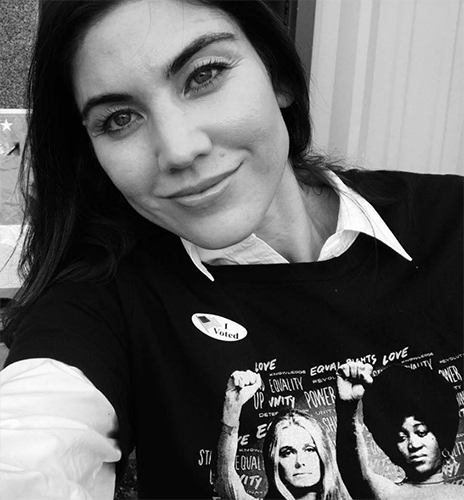
During 2018, she ran for president of U.S. Soccer. Solo’s platform focused on improving access and equality in all youth levels, financial transparency throughout the federation and creating a “winning” culture in American soccer.
Although her campaign was unsuccessful, Solo continued to fight for the issues about which she’s most passionate. For example, last year, she caused a collective gasp in the American soccer community when she said that the U.S. should not host the 2026 World Cup and rather the tournament should be awarded to a more “deserving” country without the structural, economic, and development problems the sport has here.
When FIFA released their list of judges for the Best Goalkeeper award, Solo called them out on Instagram for not including any women on the panel. You can be sure that, if there’s injustice happening in the sport in any form, Solo is going be around to say something and won’t mince words.
Recently, she partnered with organizations who align with her values of fighting for equality.
One partner is Tudela FC, an all-girls club in Los Angeles founded to close the gender gap in many facets of youth soccer and tackle the pay-to-play model which makes club soccer unaffordable for many families.
Solo will support the club through mentoring and visits to the girls throughout their seasons. Another is Shanti Bar, a women-owned company health food company.
Throughout her 16 years with the USWNT, Solo was loud, consistent, and showed up in the important moments. Although she will likely never put on a national team jersey again, those words continue to define her, and, though critics abound, it’s hard to say that that’s a bad thing.
_
GIRLS SOCCER NETWORK: YOUR SOURCE FOR GIRLS SOCCER NEWS




